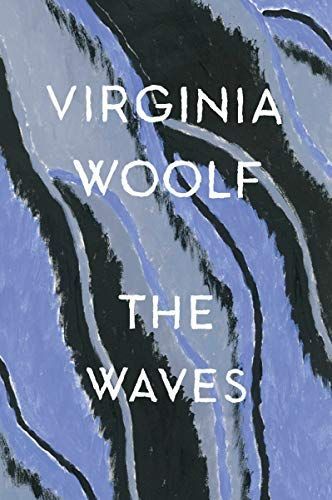
The Waves
WITH INTRODUCTIONS BY JEANETTE WINTERSON AND GILLIAN BEER The Waves is an astonishingly beautiful and poetic novel. It begins with six children playing in a garden by the sea and follows their lives as they grow up and experience friendship, love and grief at the death of their beloved friend Percival. Regarded by many as her greatest work, The Waves is also seen as Virginia Woolf's response to the loss of her brother Thoby, who died when he was twenty-six. The Vintage Classics Virginia Woolf series has been curated by Jeanette Winterson, and the texts used are based on the original Hogarth Press editions published by Leonard and Virginia Woolf.
Reviews
shen@shen
madina@humaintain
ellie 💐💌⭐️@elliebennett
y✦@y4ndsl
jess@visceralreverie
iamazoo@iamazoo
Michael Springer@djinn-n-juice
heleen de boever@hlndb
Katie Chua@kchua
Fraser Simons@frasersimons
val@ichangeintothemule
Thomas George@bubblegum_panda
Kwan Ann Tan@kwananntan
Lindsay Hollmann@sunflowergord
Arden Kowalski@jonimitchell
loisesya@lois
Jade Flynn@jadeflynn
Ashling Brown@ashsworldofbooks
Nati@nati
Heather Murray@hmurray
Greta V. @gretav322
martina@girlbyspring
misha.@baccheia
n. littéraire@machinegun
Highlights
n. littéraire@machinegun
lelayna@wigglewip
Page 13
lelayna@wigglewip
Page 6
madina@humaintain
yana@junnynie
Francesca @franci
Page 72
Francesca @franci
Page 69
Francesca @franci
Page 39
dima@dima
dima@dima
loisesya@lois
Page 197